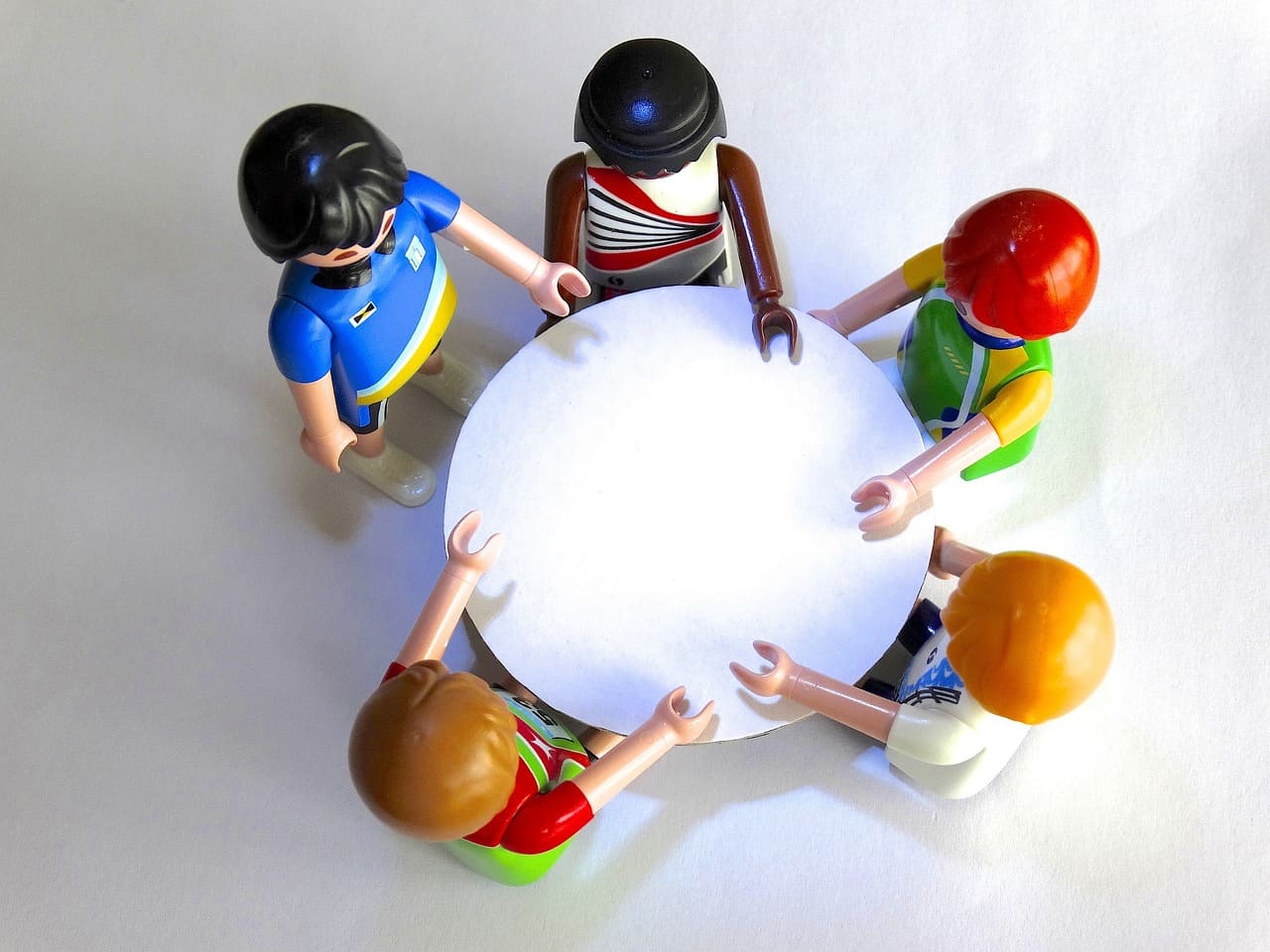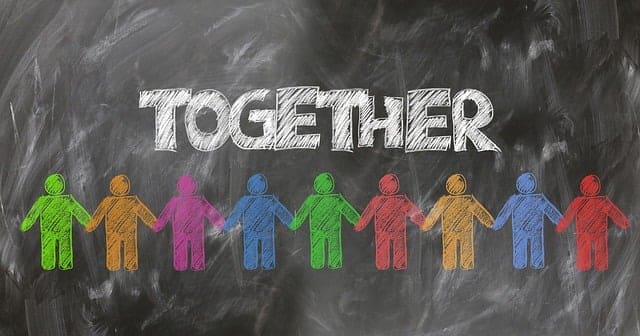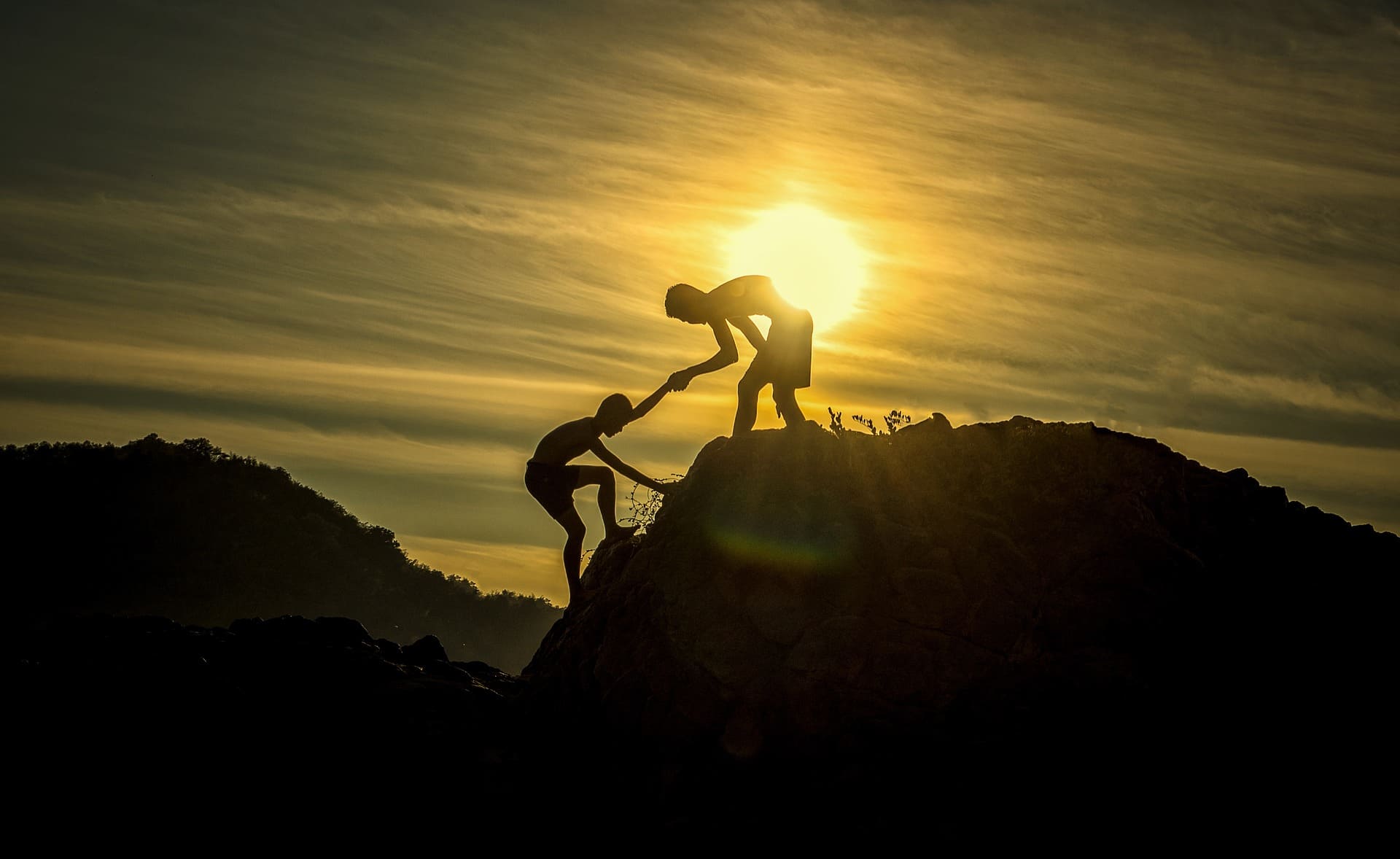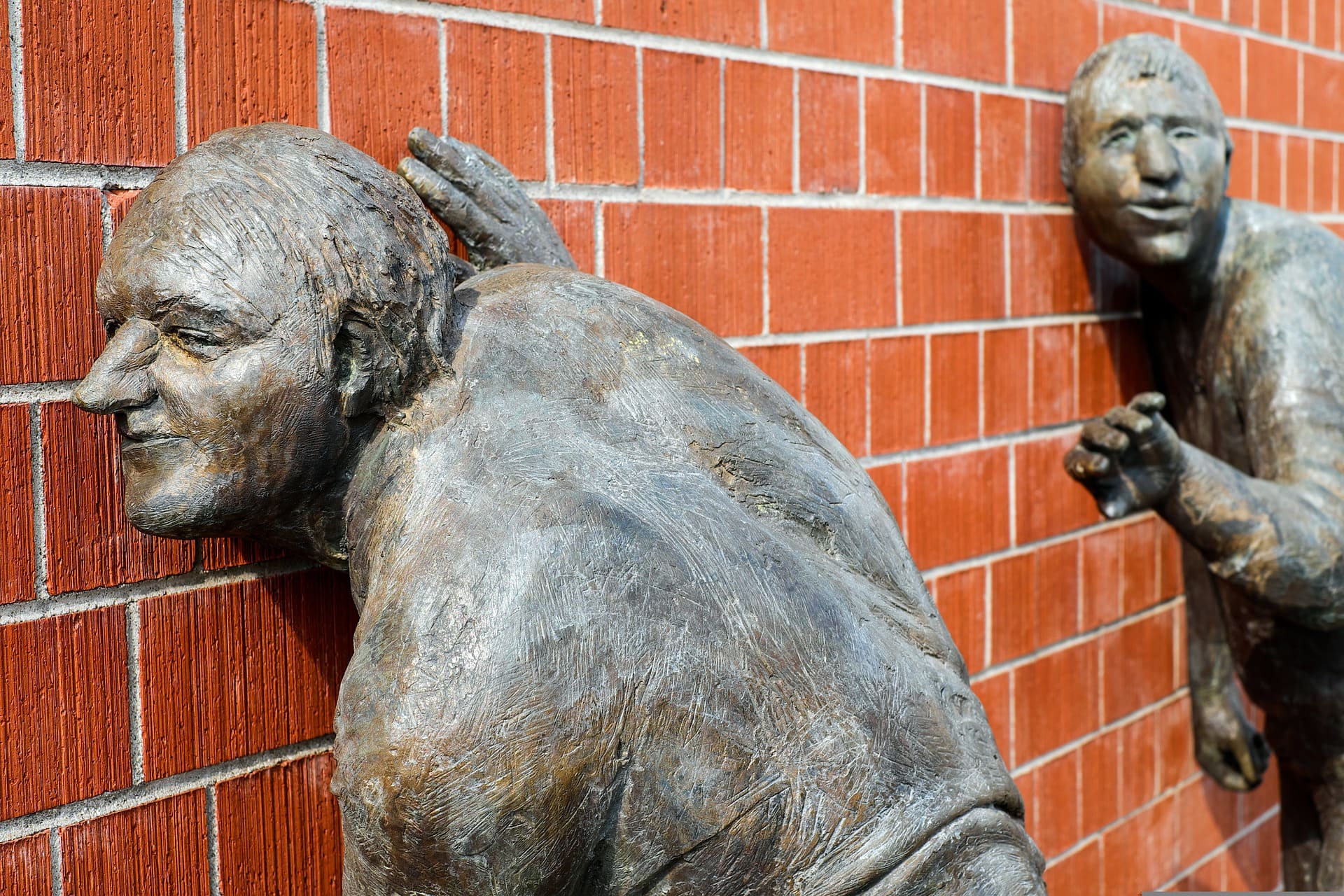Young people are unwilling to work!
We end the year with an article with a slightly provocative title. Why? The reason is simple: first, we do not believe this statement is true; second, being at the end of the year and taking stock of 2023, we found ourselves looking back at the work done this year, including the projects regarding young people and the world of work.
Too often we hear that young people don’t want to work and, for heaven’s sake, no one here excludes the possibility that slackers exist, after all, there have always been. But there is a good portion of the young population who have and would like to do things but find themselves in a much more complex context than a few decades ago. We are also aware that every era has its difficulties, but today’s scenario, especially for some young people, is truly twisted and difficult to deal with.
In short, what we want you to reflect on is the difference in possibilities between people: only some have good opportunities in life.
It is undeniable that some people can choose their future, others must accept what they find in the present hoping to be able to build a future worthy of being called such.
Our projects push in a direction that we hope will be that of the world in the coming years, that is, an inclusive society that gives all human beings the same opportunities.
Only then, perhaps, will we be able to say that young people will not want to roll up their sleeves, but until that day it will be better to build something to help them express themselves.









